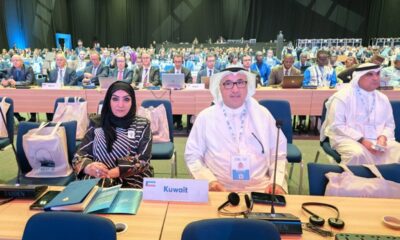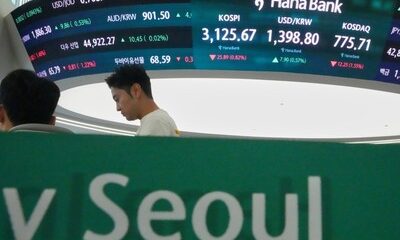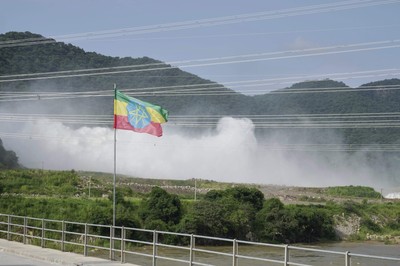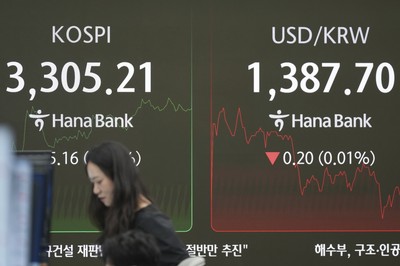NEW YORK, April 3: The United Nations (UN) has projected that the global artificial intelligence (AI) market could reach $4.8 trillion by 2033, equivalent to the size of Germany’s economy, raising concerns over the potential impact on jobs worldwide. According to a new report from the UN Conference on Trade and Development (UNCTAD), nearly half of jobs globally could be affected by the rapid advancement of AI.
While AI is seen as a transformative force that can drive economic growth and create opportunities, the report warns that the technology may also exacerbate existing inequalities. UNCTAD highlighted that AI could impact up to 40% of jobs globally, offering productivity gains but also raising significant concerns about automation and job displacement.
Historically, previous waves of technological advancements have primarily impacted blue-collar jobs. However, UNCTAD noted that AI is poised to affect knowledge-intensive sectors the most, making advanced economies particularly vulnerable. These economies, while more capable of leveraging the benefits of AI, will face challenges in managing the widespread effects on employment.
The report also cautioned that the benefits of AI-driven automation often favor capital over labor, which could deepen inequalities. The displacement of low-cost labor in developing countries could reduce their competitive advantage, further widening the gap between developed and developing economies.
In her statement, UNCTAD Secretary-General Rebeca Grynspan stressed the importance of placing people at the center of AI development. She urged stronger international cooperation to focus on “people-first” policies and enable countries to co-create a global AI framework that fosters inclusive economic growth.
“History has shown that while technological progress drives economic growth, it does not, on its own, ensure equitable income distribution or promote inclusive human development,” Grynspan said.
The UNCTAD report also revealed that in 2023, frontier technologies such as AI, blockchain, 5G, and 3D printing represented a $2.5 trillion market. This figure is expected to grow sixfold, reaching $16.4 trillion by 2033, with AI emerging as the dominant technology in this sector. By 2033, AI is expected to constitute a $4.8 trillion market.
However, the report warned that access to AI infrastructure and expertise is currently concentrated in a few economies, particularly the United States and China, which together account for 40% of global corporate research and development spending.
“Countries should act now,” the agency advised, emphasizing that by investing in digital infrastructure, building capabilities, and strengthening AI governance, nations can harness AI’s potential for sustainable development.
UNCTAD also highlighted that AI is not solely about job displacement but has the potential to create new industries and empower workers. To fully capitalize on these opportunities, the agency stressed the importance of investing in reskilling, upskilling, and workforce adaptation.
The report underscored the need for global participation in AI governance discussions, noting that 118 countries, mostly in the Global South, are currently absent from major AI policy-making platforms. As AI regulation and ethical frameworks continue to develop, UNCTAD emphasized that developing nations must be included in these conversations to ensure that AI serves global progress, rather than the interests of a select few.
As AI continues to shape the economic landscape, the UN agency calls for a concerted effort to ensure the technology is deployed in a way that benefits all nations and promotes equitable development worldwide.

 Latest News18 hours ago
Latest News18 hours ago
 Latest News19 hours ago
Latest News19 hours ago
 Latest News16 hours ago
Latest News16 hours ago
 Latest News15 hours ago
Latest News15 hours ago
 Business24 hours ago
Business24 hours ago
 Latest News9 hours ago
Latest News9 hours ago
 Politics19 hours ago
Politics19 hours ago
 Latest News11 hours ago
Latest News11 hours ago
























